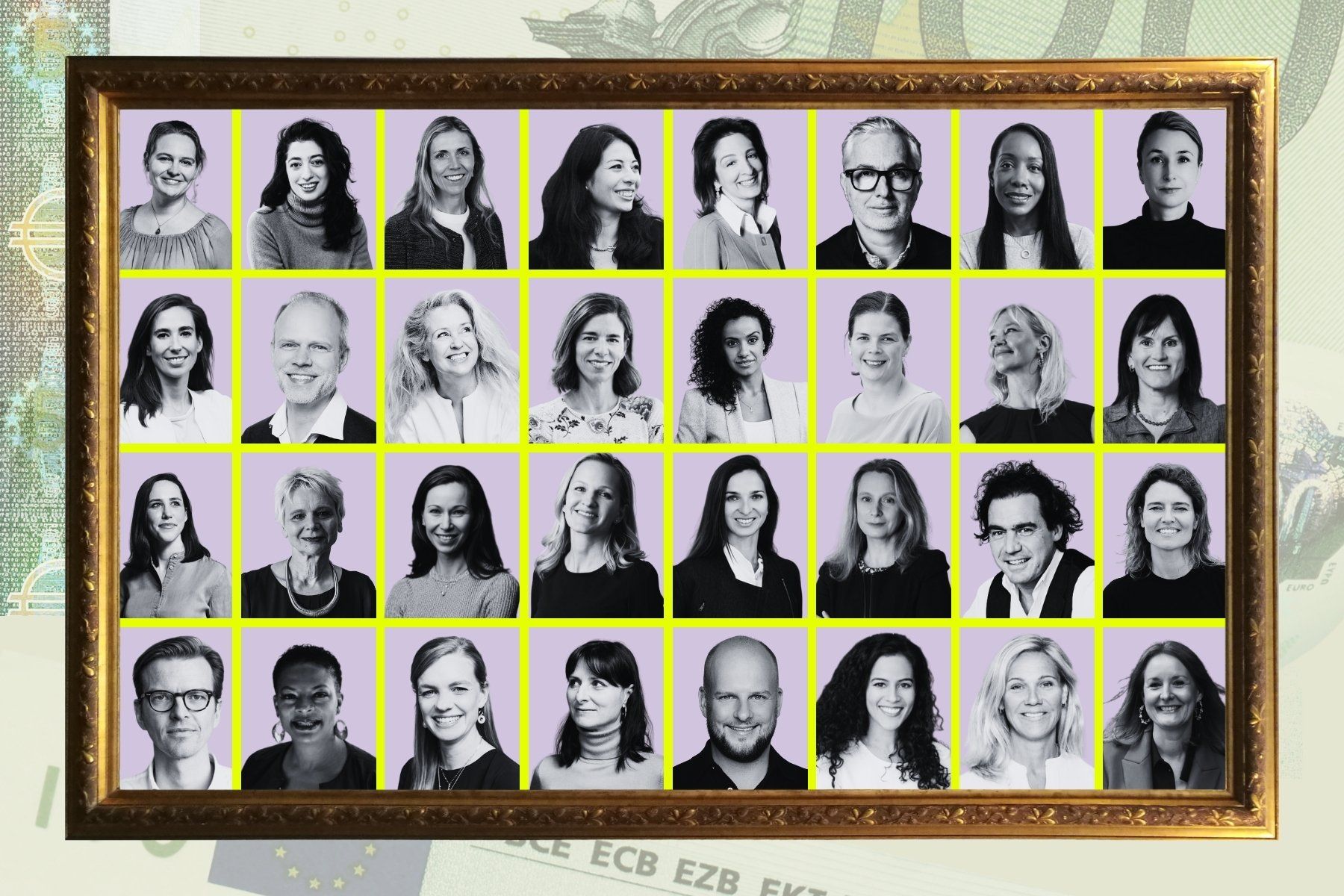MEPs push to fast-track Clean Industrial Deal – and unlock more cleantech funding

The European Parliament has voted overwhelmingly for more action to boost industrial competitiveness and cleantech through the Clean Industrial Deal. <br><br>Impact Loop digs into what MEPs are demanding, and what it means for the impact community.


Members of the European Parliament have voted to adopt a resolution urging more action on the Clean Industrial Deal.
With 381 voting in favour and 173 against, the resolution brought by Dutch MP Tom Berendsen, on behalf of the behalf of the Committee on Industry, Research and Energy (ITRE), proposes a whole raft of measures, such as cutting red tape, increasing funding, speeding up permitting and greater carbon removal efforts.
Cut energy costs
The Clean Industrial Deal, presented by the European Commission in early 2025, is all about developing Europe’s industrial competitiveness through the green transition, particularly with regard to energy-intensive industries and cleantech.
"Too many obstacles still stand in the way of our European companies, from high energy prices to excessive regulatory burden," said Commission President Ursula von der Leyen at the time of its launch. "The Clean Industrial Deal is to cut the ties that still hold our companies back."
The deal (CID), among other aims, looks to cut energy costs, funnel more money and support to cleantech for the green transition, improve materials circularity, and secure a steady and sustainable supply of critical raw materials.
In its draft resolution, the ITRE committee "welcomes the Clean Industrial Deal as a long-awaited first step to strengthen Europe’s industrial competitiveness and innovation, strategic autonomy, decarbonisation, prosperity and clean growth."
That said, the committee has warned that the CID needs to move more quickly, mired as it is now in the strategy phase. In short, they want to see it put into action.
"Well-targeted industrial policy is crucial to ensure a strong and sustainable industrial base in Europe and to create and maintain high quality jobs while decarbonising our economy, reducing pollution and strengthening Europe’s resilience," reads the resolution.
More funding to cleantech
There is a lot in the now-passed resolution for the impact community to take notice of. It calls for more funding for cleantech manufacturing from the €100bn Industrial Decarbonisation Bank as well as the EU’s innovation fund. The committee have also urged that funding mechanisms adopt investment criteria around carbon impact, scalability and supply security.
There are also calls for the completion of the long-awaited Energy Union, which has the crucial aim of securing the continent’s energy supply and strengthening its infrastructure.
"Energy prices in Europe are two to three times higher than in the US and China, and even higher in some Member States," said MEP Berendsen in yesterday's debate on the resolution. "But it's not just the cost of energy: overloaded grids, sluggish permitting, excessive bureaucracy – all are damaging our industrial competitiveness. This must change, because if our industries leave, we lose the jobs, the innovation, and we lose the basis on which our social market economy is built."
Better coordination of state aid rules
Also notable for the Impact investment community are calls for better coordination of state aid rules for common industrial priorities; more efficient digital permitting procedures for industrial decarbonisation; and the "swift adoption" of a simple and investment-friendly definition of low-carbon hydrogen, in order to allow the nascent green hydrogen industry to get up and running and pursue price reduction for consumers.
This vote will be welcome news to the impact community. Parliament resolutions are not binding law, rather a way for elected representatives to add their voice to the EU's processes, but they can be very influential. The content of this resolution aligns with what the impact community has been calling for since years.
"The future of the European industry is clean"
Ahead of the launch of the Commission's CID proposal earlier in 2025, 100 impact companies and VCs signed a letter urging the CID be used to "create a surge in demand for industrial cleantech and more public funding to make it less risky for startups to scale up."
Many of the things the ITRE committee has called for – which will now be up to the other EU institutions to consider and adapt into the overall plan – look headed in that direction.
"The future of European industry is clean," said MEP Berendsen, "not only because we want to keep our promise to our children, but also because a clean industry makes us more competitive, more resilient and less dependent on energy from abroad."
Get full access to Europe's new platform for impact news
- Quality journalism, interviews, investor profiles and deep-dives
- Daily newsletter with top stories, latest funding rounds and roundup to keep you in the loop
Keep reading – get in the loop!
- Håll dig i loopen med vårt dagliga nyhetsbrev (gratis!)
- Full tillgång till daglig kvalitetsjournalistik med allt du behöver veta inom impact
- Affärsnätverk för entreprenörer och investerare med månatliga meetups
Fortsätt läsa – kom in i loopen!
- Håll dig i loopen med vårt dagliga nyhetsbrev (gratis)!
- Full tillgång till daglig kvalitetsjournalistik med allt du behöver veta inom impact
- Affärsnätverk för entreprenörer och investerare med månatliga meetups







